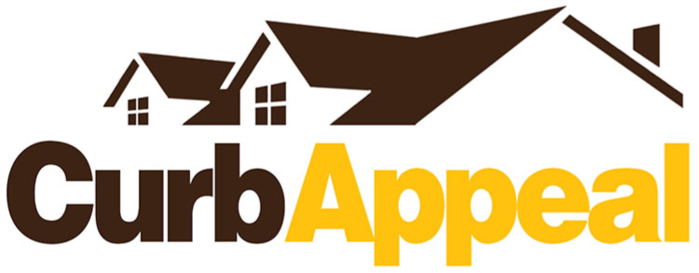Forward this email to a friend.
 |  |  |  |  |  |  |  |  |  | ||||||||||||
|
Wenzel Select Properties Newsletter-Vol 13 Issue 9 | |||||||||||||||||||||
 | ||||||
| ||||||
| ||||||
|
Team Wenzel, 1120 Norfolk Street,
Downers Grove IL 60516
The material in this publication is provided for your informational purpose only and is not intended to substitute professional advice.
If your property is currently listed with a Real Estate Broker, this publication is not intended as a solicitation.
Not interested in receiving any further updates? Go here to unsubscribe. | ||||||
